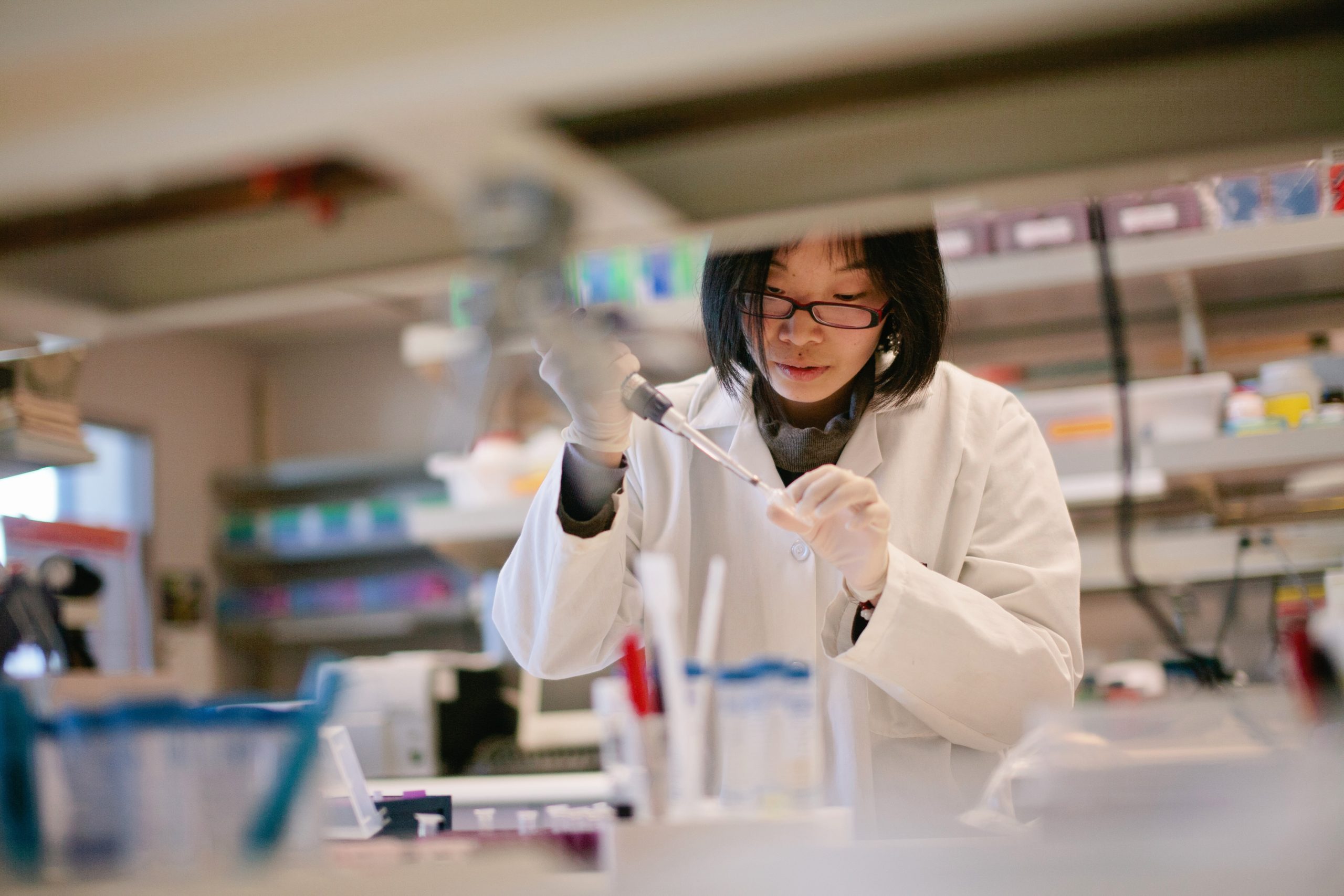
Online PSM in Bioinformatics

30 Credits

Rolling Admissions (Fall & Spring Semester Start Only)

No GRE/GMAT Required
About the Program
The online PSM in Bioinformatics teaches you to apply mathematical, statistical, and computational approaches to understand and analyze complex biological data. The program develops interdisciplinary knowledge across mathematics, computer science, spatial information science and engineering, and molecular and cell biology.
Why a Professional Science Master’s?
A Professional Science Master’s provides advanced training in Bioinformatics while simultaneously developing skills applicable to real-world, professional environments.
Contact Us
Have questions about earning your PSM in Bioinformatics online with UMaine? Contact a UMaineOnline advisor.
Student Experiences
Curriculum
The curriculum helps you understand programming and computer languages, develops computational skills, and provides additional cell and molecular biology training.
Other courses may be substituted with permission for the listed core and elective/plus elements courses.
Admissions
The priority application deadline for the Fall semester is October 15, and the Spring semester is April 15. We have rolling admissions, so you can apply and be accepted into the program anytime. However, the program only starts during the Fall and Spring semesters, with a Fall semester start recommended. Applications received after the priority deadline may be reviewed and deferred to a later term.
Careers
Graduates are transforming the landscape of business, technology, and science as part of a growing trend in an emerging cross-disciplinary approach between the scientific and technical fields. The professional component of the program prepares you for leadership roles in commercial, government, and non-profit industries, and its interdisciplinary approach gives you the skills needed for a diverse range of careers, such as:
- Sequence Assembly
- Genomic Sequence Analysis
- Functional genomics
- Genotyping
- Proteomics
- Pharmacogenomics
- Database Administration
- Biotechnology
- Computational Biology
- Infectious Diseases
- Environmental Science
- Forensics
According to the U.S. Bureau of Labor Statistics (BLS), employment of bioengineers and biomedical engineers is projected to grow 5% from 2022 to 2032, faster than the average for all occupations. The median yearly wage for bioengineers and biomedical engineers was $100,730 in May 2023, higher than the median for all occupations of $48,060.








